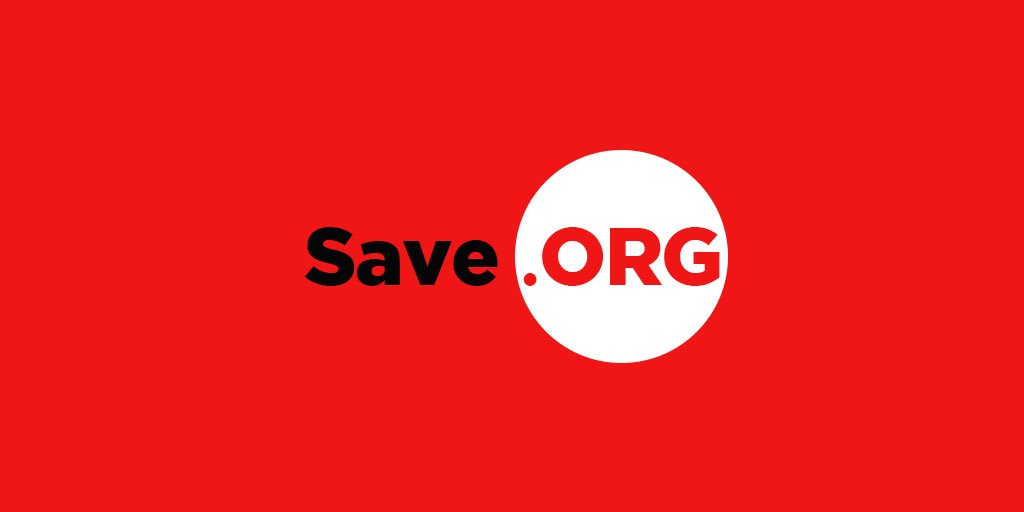
You might have heard that COVID vaccine “passports” — digital records of your vaccination status — will slow the spread.
On paper, this sounds great. But most current proposals around the world threaten human rights.
Our new report explains 🧵
accessnow.org/covid-19-vacci…
On paper, this sounds great. But most current proposals around the world threaten human rights.
Our new report explains 🧵
accessnow.org/covid-19-vacci…
Our concerns include:
📲 Exclusion & discrimination — Not everyone has vaccine access & these “passports” could further divide nations
📲 Privacy & security — Any system would collect personal info, risking privacy & increasing potential for surveillance, profiling & breaches
📲 Exclusion & discrimination — Not everyone has vaccine access & these “passports” could further divide nations
📲 Privacy & security — Any system would collect personal info, risking privacy & increasing potential for surveillance, profiling & breaches
Our recommendations for decision-makers include:
✅ Do what is effective, not what is trending: Prioritize people and their needs, not a technical tool, and optimize for solutions that are less intrusive and that don’t hinder rollout of COVID-19 vaccines.
✅ Do what is effective, not what is trending: Prioritize people and their needs, not a technical tool, and optimize for solutions that are less intrusive and that don’t hinder rollout of COVID-19 vaccines.

✅ Prioritize data protection: Minimize data collection and retention, meet and surpass legal requirements, and follow privacy-by-design principles to ensure robust respect for human rights. 

✅ Be transparent in design and implementation: Use open-source tools, be aware of uncertainties, consult civil society, audit potential new tools with care, and communicate clearly with the public. 

✅ Be equitable and inclusive: Access to any digital vaccine certificate should be free of charge, accessible, and paired with easily accessible paper-based forms as an interchangeable alternative. All approved vaccines should hold the same value. 

✅ Focus: Digital vaccine certificates must not be treated as a vehicle for accelerating digital transformation more broadly. 

✅ Prevent abuse now and in the future: Include strict data retention periods in public policy. Governments & companies must refrain from capitalizing on COVID-19 vaccination efforts to expand surveillance, silence dissent, or restrict freedom of expression, assembly & movement. 

✅ Don’t create division: Systems that make digital vaccine certificates a requirement will divide and exclude. 

“Governments must design and implement systems that put people first, supporting vaccine rollouts rather than contributing to a world where people are split between haves and havenots,” says @veroluiza.
Read more: accessnow.org/covid-19-vacci…
Read more: accessnow.org/covid-19-vacci…
• • •
Missing some Tweet in this thread? You can try to
force a refresh






